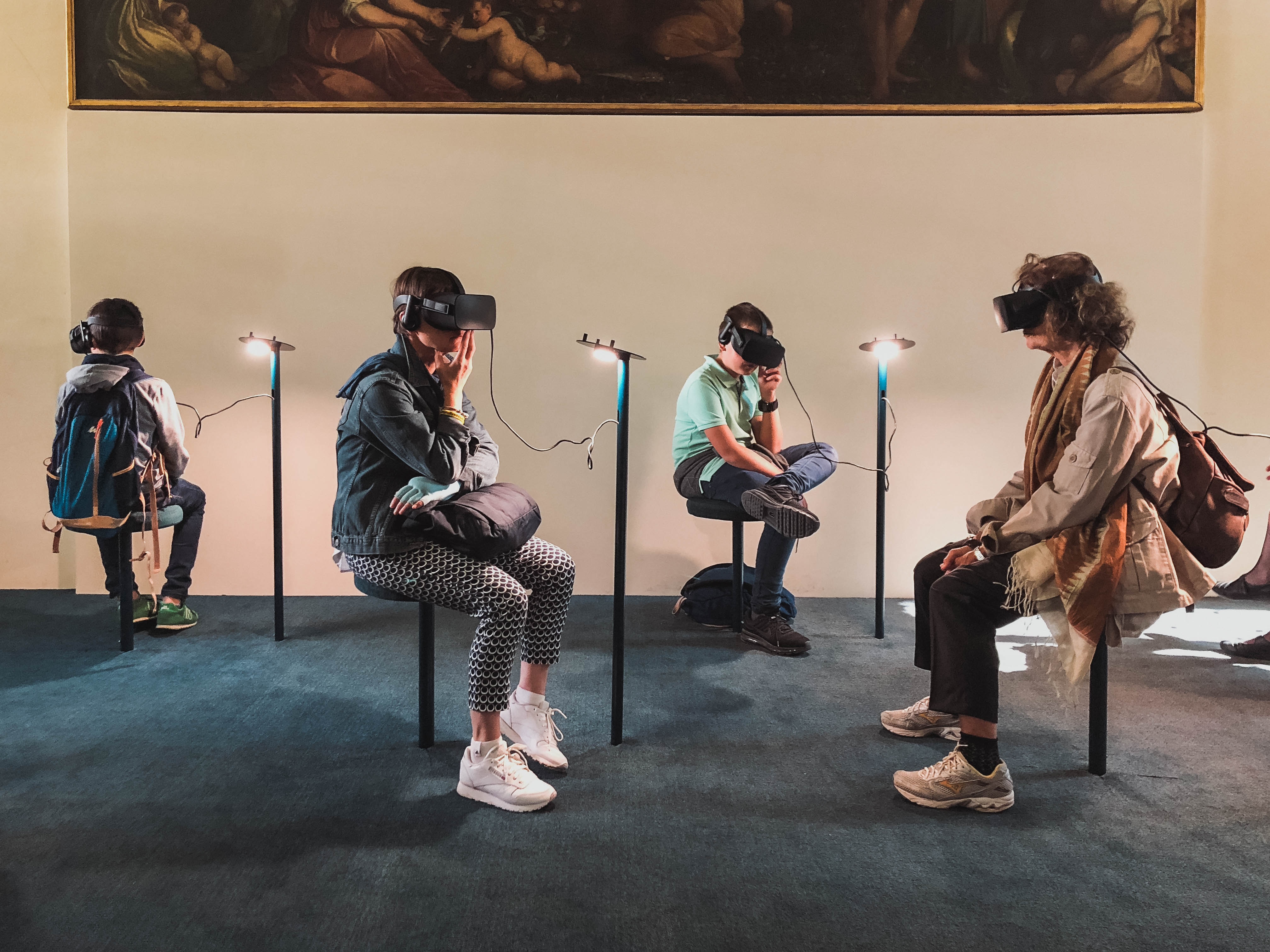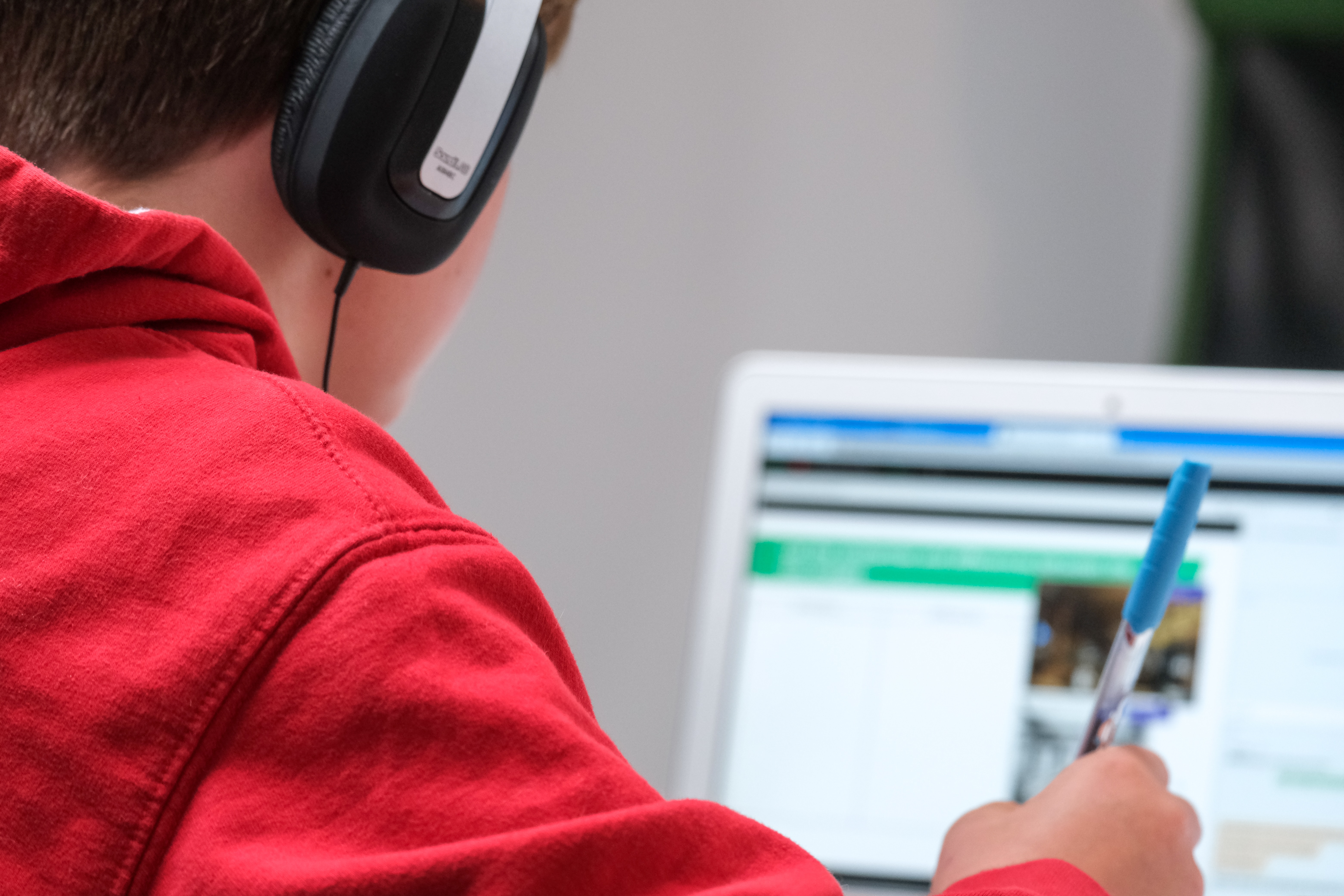

Speak to a Learning Advisor
.svg)
Presenting the original unedited version of this article, authored by Howie Chang, our CEO & Co-Founder, which was featured in Penang Monthly's September 2023 issue under a different title. Your feedback and thoughts are most welcome as we delve into this subject together.
-------------
The 21st century has witnessed a massive digital transformation that has touched virtually every aspect of our lives, and education is no exception. Around the world, technology is rewriting the rules of teaching and learning, reshaping classrooms, and redefining the student-teacher dynamic.
In this wave of change, Malaysia stands as a compelling example. A vibrant player in Southeast Asia, the country is harnessing the power of technology to revolutionise its education system, opening new avenues of learning and knowledge sharing for millions of students.
While traditional educational systems relied heavily on rote learning and standardised testing, technology is fostering an environment that encourages creativity, collaboration, and personalised learning. From interactive digital platforms to artificial intelligence, technology is not only augmenting teaching methodologies but also transforming the very objectives of education. This shift is seen with the recent announcement by the Minister of Higher Education that the country would not prohibit the use of ChatGPT by students at local institutes of higher education, provided guidelines set by the Department of Higher Education are followed.
Today, education is no longer confined within the four walls of a classroom. Learning can occur anytime, anywhere, thanks to the vast array of educational resources available online. Moreover, as digital natives, today's learners are more receptive to this new model of education, further accelerating the integration of technology in education.
This is the start of a new era, an era where technology is both a tool and a catalyst, driving significant shifts both globally and in Malaysia's educational landscape.
Policy Framework and Government Initiatives
The Malaysian government has been instrumental in shaping the country's digital learning landscape. This commitment is best embodied in its strategic blueprint: The Digital Education Policy which is in its final stage of development. This policy reflects a comprehensive vision of digitally empowered education that seeks to create a conducive, inclusive, and engaging learning environment.

Central to the policy is the understanding that the effective use of technology can enhance teaching and learning quality, contributing to the overall development of students. The policy outlines strategies to increase digital literacy among students and teachers, integrate digital elements into curricula and assessments, and improve digital infrastructure in schools.
A prominent manifestation of this commitment is the upgrading of the Digital Educational Learning Initiative Malaysia (DELIMa) to improve user experience, data analytics and contents. According to recent data, a total of 445,883 teachers, lecturers, education officials and trainee teachers as well as 4.27 million students have used DELIMa. This government-led initiative represents a significant step in Malaysia's journey towards comprehensive digital education, paving the way for more innovations in the field.
Transition from Learning Management Systems to Learning Experience Platforms
Learning Management Systems (LMS), with their systematic course content delivery and administrative features, have been the backbone of digital learning for years. However, the evolving educational needs of the 21st century are pushing the boundaries of what an LMS can offer.

Learning Experience Platforms (LXPs) have emerged as a response to these changing demands. LXPs provide a more interactive, community-driven learning experience. They offer a diverse range of resources, enable personalised learning pathways, and facilitate social learning through peer interaction. Rather than being a mere repository of course content, LXPs foster a dynamic, learner-centric environment.
Here at Forward College, we leveraged complimentary tools such as Slack alongside our LXP to create a digital learning community where students can share ideas, collaborate on projects, and engage in meaningful discussions. This has transformed the solitary learning journey into a shared adventure, making education a more engaging and enriching experience.
The shift towards LXPs signifies a larger change in perspective - viewing students not as passive recipients of information, but as active participants in their own learning process. As more institutions follow through, we are likely to see a more widespread adoption of LXPs, accelerating the evolution of digital learning in Malaysia.
Influence and Innovation of EdTech Startups
The rise of edtech startups in Malaysia is fuelling significant changes in the education sector, bringing innovation and variety to the way knowledge is delivered and consumed. These startups are disrupting traditional pedagogies by introducing cutting-edge tools and learning approaches that foster creative problem-solving and critical thinking.
One such local startup is Pandai, who have raised significant funding to help students get better grades in school. The Pandai app provides gamified quizzes aligned to a specific school curriculum, from which students can learn, practice, get feedback, and diagnose their weaknesses. The content is available for all major subjects, for students in Year 1 to Form 5, developed by educational experts and is aligned with the Malaysian national curriculum.
Gurulab, another Malaysia-based startup, whose mission is to change the way Malaysian students learn English. Its adaptive learning technology ensures a personalized learning experience that caters to each student's strengths and areas for improvement. This provides a stark contrast to the conventional 'one-size-fits-all' model of education, promoting a more learner-centric approach.
Moreover, global platforms like Khan Academy are incorporating artificial intelligence to offer tailored learning experiences and assistance, demonstrating the vast potential of AI in revolutionising education. OpenAI has recently introduced its new Language Model (LLM) and highlighted notable projects, including Khan Academy's Khanmigo AI learning platform. Khan Academy's co-founder, Salman Khan, sees Khanmigo as an important step towards creating an all-in-one learning and tutoring platform.
These edtech startups not only exemplify the innovative spirit driving education reform in Malaysia but also signify the nation's commitment to shaping a future-ready generation.
The Impact of Technology on Education Outcomes
Technology's influence on education extends far beyond the delivery of content; it has a profound impact on educational outcomes as well. By facilitating personalised learning and providing a multitude of resources, technology is improving both engagement and achievement among students.

The advent of adaptive learning technologies, such as those used by Pandai, Gurulab and Khan Academy, has demonstrated promising results in tailoring instruction to individual learner's needs, further optimising learning outcomes.
In essence, technology is proving to be a powerful ally in the quest for improved educational outcomes, presenting educators and students with novel ways of teaching, learning, and achieving their academic goals.
Challenges and The Road Ahead
The path towards a digitally transformed education system, while promising, isn't devoid of challenges. The digital divide, primarily driven by differences in access to digital devices and the internet, remains a significant concern.
The evolving role of teachers in this digital age is another critical aspect. As technology becomes more integral to education, the role of the educator extends beyond teaching to becoming a facilitator, guide, and digital mentor. Ongoing professional development and support are essential to equip teachers with the skills necessary to thrive in this new digital environment.

Looking ahead, the future of education is promising. As technology continues to advance, we can anticipate the integration of more sophisticated tools like AI and virtual reality in education, opening up possibilities that we can scarcely imagine today.
Despite the challenges, the concerted efforts of government, educators, edtech startups, and learners themselves are driving us towards a digital education future, where technology serves as a key enabler of quality, inclusivity, and innovation in learning.
As the impact of technology on learning outcomes becomes increasingly evident, the commitment to harness technology for education is only set to grow stronger. The synergy between technology and education holds vast promise for not only enhancing the learning experience but also shaping a generation of creative, critical thinkers ready to navigate the complexities of the 21st century.